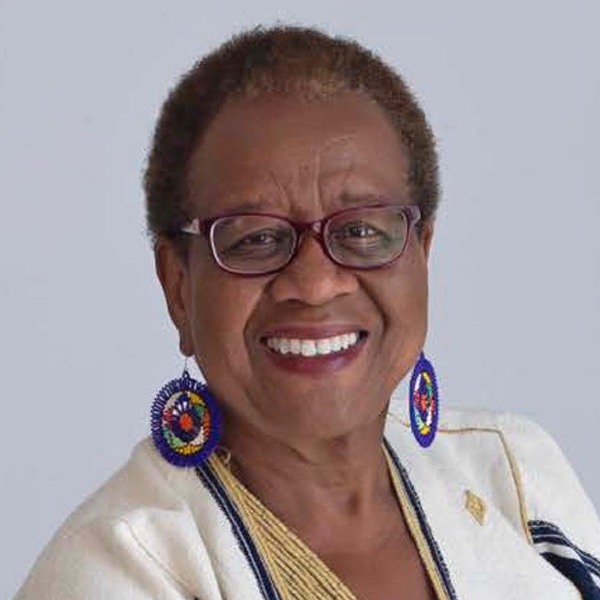A bold effort to address and disrupt an unjust educational system in hopes of creating equitable opportunities and outcomes for black students and students of color.
What We Are Built On
Dr. King came to the city to not only fight for the rights of sanitation workers, but also against the systemic institution of racism.
In 2020, Racism was declared a pandemic in Shelby County. To not tackle how racism affects the school system would be an injustice to our students. As an educational organization, serving students in two of Memphis’ most disadvantaged communities, we feel it’s only right that we make it our mission to dismantle and disrupt and unjust educational system rooted in racism; a system that directly affects our students and their families and can ultimately impact the trajectory of their success.
The Birth Of The Initiative
In 2020, during an already unprecedented year due to the COVID-19 pandemic- the country, and possibly the world was uprooted after the deaths of George Floyd, Breonna Taylor, Ahmaud Arbery, Rayshard Brooks, and others. As a result of the unfortunate events, companies began taking stances against racist practices, vowing to put diversity and inclusion at the forefront of their organization, while adopting anti-racist policies.
While Frayser Community Schools has always condemned racism—after the unfortunate incidents that shifted the way many companies decided to do business—we knew that we couldn’t go back to business as usual. As an organization that serves a majority black student demographic, we felt morally obligated to examine our practices as an organization while also shedding light on the systemic racism and inequity that is pervasive in the educational system as a whole.
The FCS network team began holding collaborative meetings to focus specifically on our anti-racist agenda—to ensure we can be a part of the solution in addressing racist practices in education.
The FCS Equity in Education Initiative is a bold effort to address and disrupt an unjust educational system in hopes of creating equitable opportunities and outcomes for black students and students of color.

“When I say antiracist education, I am talking about equipping students, parents, and teachers with the tools needed to combat racism and ethnic discrimination, and to find ways to build a society that includes all people on an equal footing.”
~ Enid Lee
Enid Lee is an anti-racist professional development specialist, leadership coach and writer.
Our Approach
The road to education is not paved with equal opportunity. Racial inequity is baked into the nation’s education system in ways big and small. Black children face the most extreme hurdles to academic success.
Awareness
Shed light on the key inequitable issues affecting black students and students of color within the educational system.
Action
Implement plans that challenge anti-racist practices.
Advocacy
Boldly speak up and against issues that are racist; and provide our students, teachers, and parents with the information and tools needed to be advocates in education.
A Comprehensive Plan
FCS Anti-Racism Initiative
While there is much to do when it comes to tackling racism in schools, FCS has created a comprehensive plan that focuses heavily on three areas.

“When children attend schools that place a greater value on discipline and security than on knowledge and intellectual development, they are attending prep schools for prison.“
FCS will ensure that we focus on “restorative practices,” instead of “punitive practices.” This includes our new “no expulsion” policy that will ensure students are not suspended for minor infractions.
While there is much to do when it comes to tackling racism in schools, FCS has created a comprehensive plan that focuses heavily on three areas.

“Adverse Childhood Experiences is the single unaddressed public health threat of our time.”
This includes the hiring of a restorative justice specialists and enlisting community partners focused specifically on Adverse Childhood Experiences.

Our schools will be intentional in creating spaces for parents to feel welcomed, while also providing them with the resources needed to become advocates in their child’s education.


